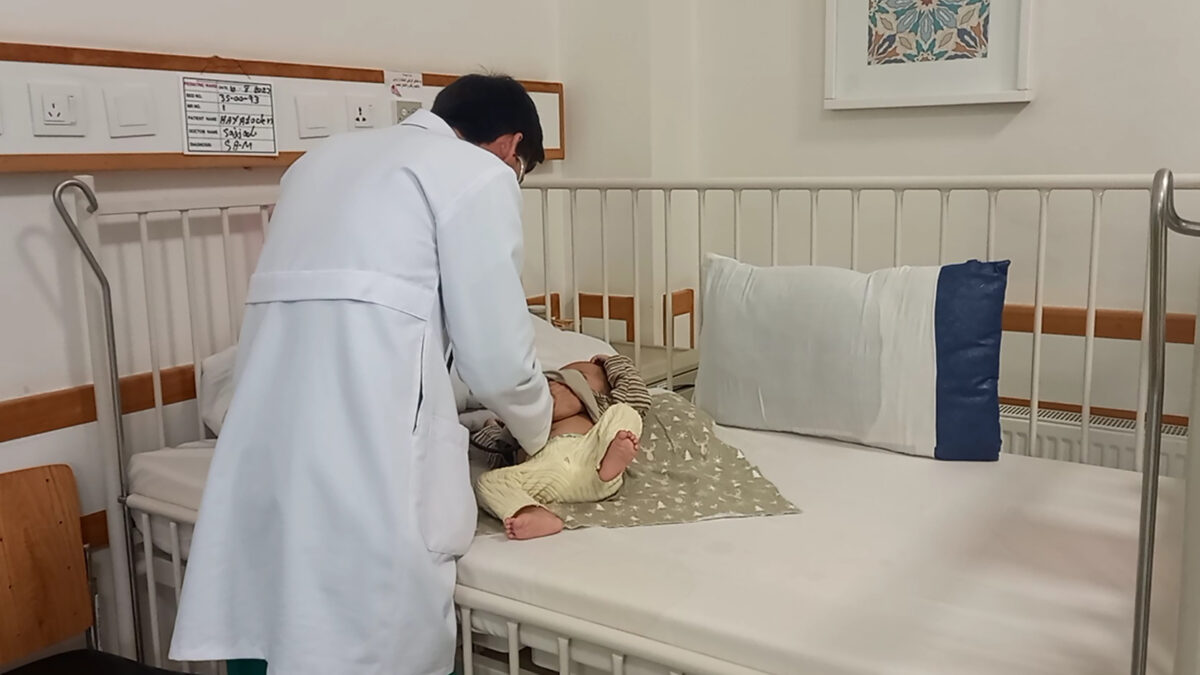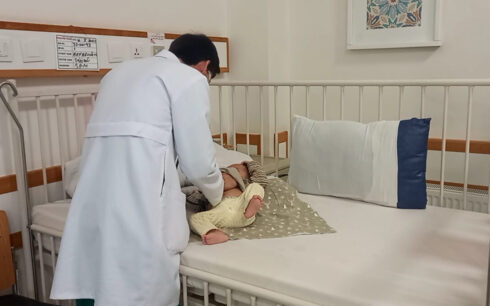The World Health Organization reported that Afghanistan recorded 1,169 confirmed COVID-19 cases and seven related deaths in September, resulting in a case fatality rate of 0.6 percent. These figures represent an increase from August, when the country saw 682 confirmed cases and eight deaths, according to the U.N. health agency.
The WHO noted that across all age groups, acute respiratory infections (ARI) and acute watery diarrhea accounted for 29 percent of all health consultations, underscoring ongoing public health challenges in Afghanistan.
As of September 30, Health Cluster partners supported by the WHO have provided health services to 613,914 returning Afghan migrants, including 222,314 women, 201,569 men, 101,869 girls, and 88,162 boys. Among these beneficiaries, 288,748 individuals received primary healthcare, 27,499 accessed secondary care, and 210,241 participated in health promotion activities. Additionally, 39,186 received maternal and child health services, 47,282 accessed mental health and psychosocial support, and 958 received trauma care.
The WHO has raised concerns over the Taliban’s restrictions on female doctors and healthcare workers, which it says have severely hampered healthcare access in Afghanistan. The U.N. recently reported that international donors have scaled back aid to Afghanistan in response to these restrictions, which limit women’s participation in the workforce, including in critical healthcare roles.
The closure of medical schools for women has exacerbated a shortage of female doctors, complicating efforts to deliver adequate care, particularly for Afghan women and children.




